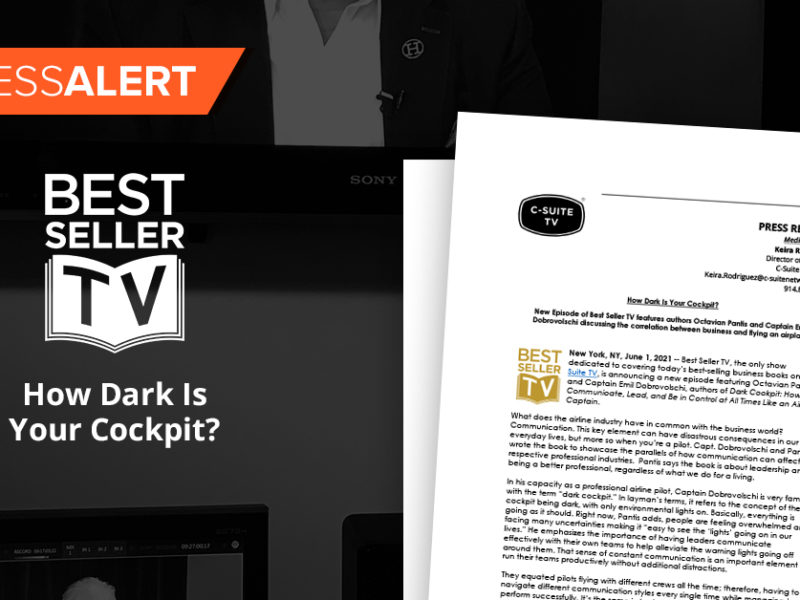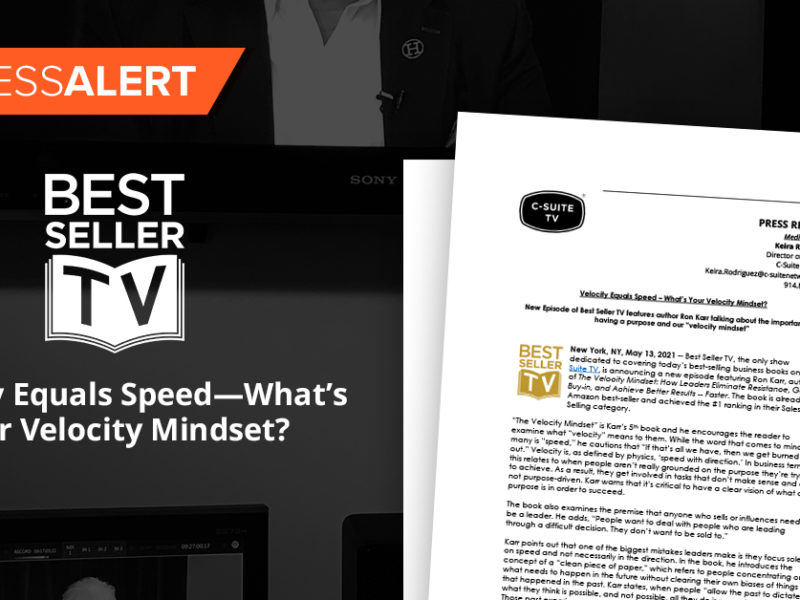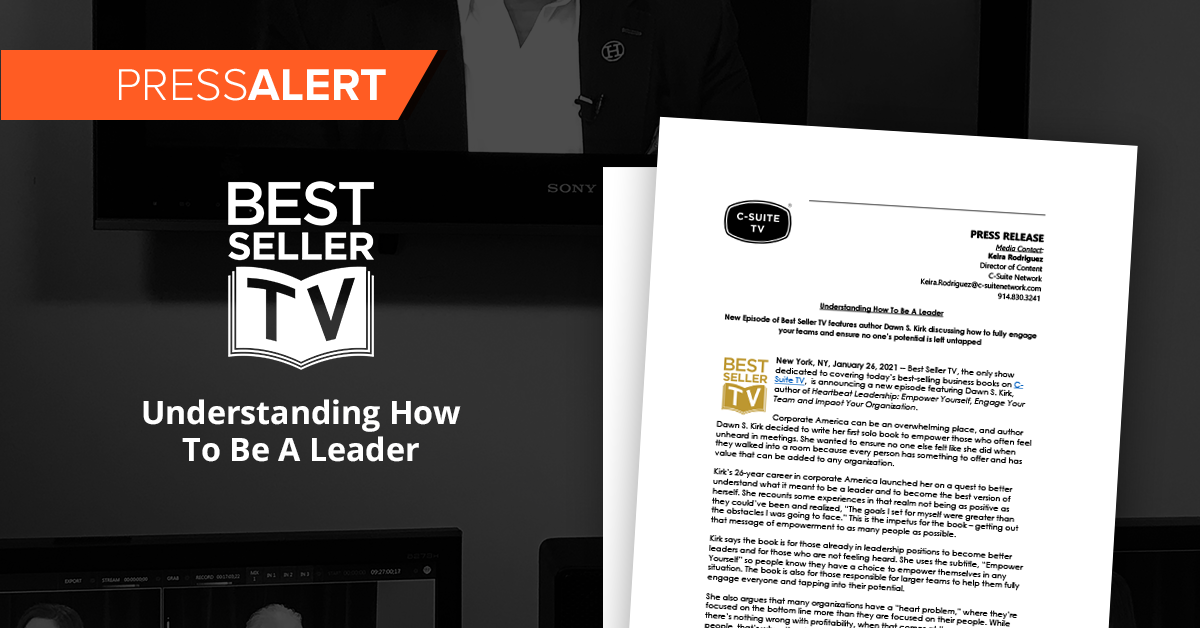
Perspective: An Award Worthy Trait
Perspective: An Award Worthy Trait https://csuiteold.c-suitenetwork.com/wp-content/uploads/2015/10/AAEAAQAAAAAAAAPHAAAAJDIxODQ4MjBhLTJkZjMtNDc0YS05MDNmLWNhMDhlODI4MDI5Ng.jpg 600 343 C-Suite Network https://csuiteold.c-suitenetwork.com/wp-content/uploads/2015/10/AAEAAQAAAAAAAAPHAAAAJDIxODQ4MjBhLTJkZjMtNDc0YS05MDNmLWNhMDhlODI4MDI5Ng.jpgWe are counting down the weeks to our C-Suite Network Social Media Legends Award Ceremony where we will recognize the leadership and accomplishments of C-level executives in social media engagement and thought leadership. You can find out more on our conference website or follow this series of posts about the traits of an outstanding C-Suite leader.
Do you know an outstanding C-Suite leader? Nominate them for a Social Media Legends Award.
This week’s trait: Perspective
Perspective, not Patience, is a Virtue
via LinkedIn
“Patience is a virtue.” Whether or not you agree, I think many of us have heard this phrase and understood it as: “waiting for something without getting upset is a positive quality in a person.”
Over the past few years, I have been reflecting on these four words and recommend a re-write: “Perspective is a virtue.”
I am at a challenging intersection in my professional journey. I am early in my career (three years of corporate experience), but have had opportunities to work directly with senior and C-suite level leadership at Fortune 500 companies (huge thank you to the partners and senior managers at Deloitte Consulting for empowering a then 21-year-old in the room).
Most recently, I have been serving as an Associate Program Manager for LinkedIn’s Business Leadership Program (BLP Global Sales), an early-in-career rotational program meant to build a top talent pipeline for our business units. My current role has me interfacing again, often with different ends of the professional spectrum.
On one end, we have the hungry young professional who is eager to own his or her career and often only has a few months of corporate experience under his or her belt. Every business decision made seems highly significant because he or she only has a limited amount of time to reflect on. Putting myself in the shoes of the early-in-career professional, I have every right to feel this way. When I enter my first career, the expectation is for everyone to treat me as an individual and support me as I embark on my professional journey.
Now take the opposite end of the spectrum, the business leaders who have had success in a 10, 20, or 30+ year long career. These are the same leaders who encourage our early-in-career professionals to work hard and ask for what they want. That said, business leaders have to (and should) prioritize making decisions that they believe will benefit companies at scale, not at the individual level.
Where the disconnect lies unfortunately is that early-in-career professionals often believe that decision making is made at an individual level; however, in most cases, business leaders make decisions at the enterprise level. This often leads to tension as early-in-career professionals may feel that every decision is “make or break” for their careers while senior leaders can more readily sort through this and understand which decisions may have the greatest long-term impacts on their careers.




